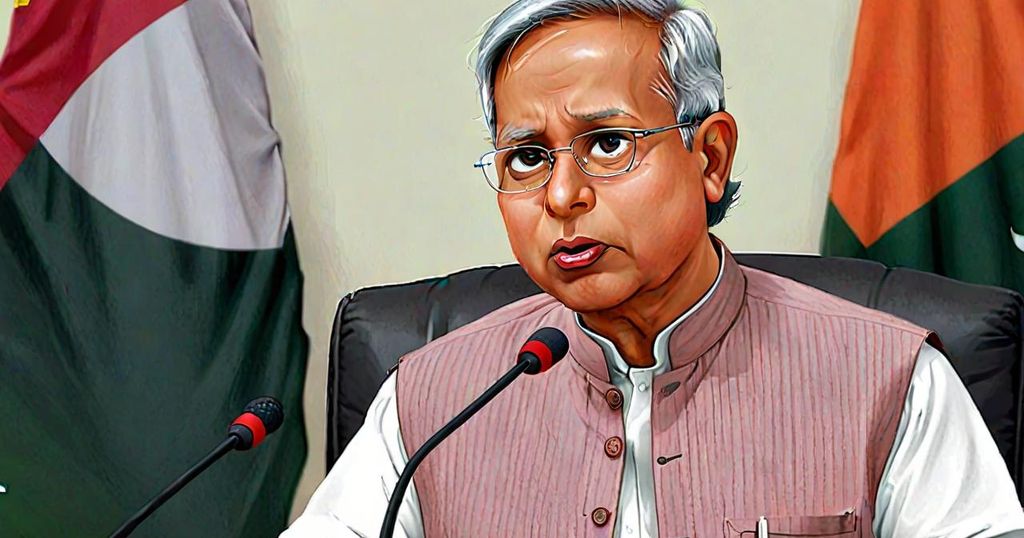A New Dawn for Bangladesh: Nobel Laureate Muhammad Yunus Takes the Lead
Nobel laureate Muhammad Yunus has assumed the position of the head of Bangladesh’s interim government, following the recent removal of former Prime Minister Sheikh Hasina, marking a significant shift in the country’s political landscape. In a notable ceremony, Yunus was sworn in as chief adviser, underscoring his commitment to restoring order and unity in the nation.
Upon his appointment, Prime Minister Narendra Modi extended his best wishes to Yunus and expressed concern over reports of violence targeting minorities in Bangladesh. The esteemed leader promptly addressed the media, emphasizing the urgent need to unite the nation and restore stability amidst ongoing unrest.
The departure of former Prime Minister Hasina has sparked fears of further turbulence in a country grappling with a multitude of challenges, including high unemployment, corruption, and complex international relationships with India, China, and the United States. Despite the upheaval, Sajeeb Wazed Joy, Hasina’s son and a key political adviser, has vowed to uphold the Awami League party’s presence in Bangladeshi politics, despite recent setbacks.
Following Hasina’s resignation, continued unrest has ensued, resulting in the tragic loss of law enforcement officers and a nationwide halt in police operations. The formation of a new interim government in Bangladesh has garnered international attention, with China expressing its support and willingness to collaborate with the nation to advance bilateral relations and cooperation.
During these changes, Bangladesh’s former Prime Minister, Sheikh Hasina, has remained in India, with her son, Sajeeb Wazed Joy, hinting at her return to Bangladesh once the interim government decides to hold elections. Meanwhile, tensions have arisen between the Bangladesh Nationalist Party (BNP) and India over the shelter provided to Hasina, highlighting the complex geopolitical dynamics at play.
Amidst these diplomatic and political shifts, leaders from around the world have extended their congratulations to Muhammad Yunus on assuming the role of Bangladesh’s interim government head. Congress President Mallikarjun Kharge offered his best wishes, expressing a hopeful outlook for peace and normalcy in Bangladesh, stressing the historical ties between India and its neighbor. Similarly, Congress MP Rahul Gandhi echoed his sentiments, emphasizing the pressing need for tranquility and stability in the region.
The United States has also communicated its support for the new interim government, with State Department spokesperson Matthew Miller expressing hope for a democratic future in Bangladesh. The US has engaged with the interim government, signaling its commitment to working alongside the new leadership to navigate the nation’s transition.
In the face of these developments, Bangladesh stands on the threshold of a new era under the stewardship of a Nobel laureate leader, as Muhammad Yunus embarks on a challenging journey to steer the nation towards unity, stability, and progress. The international community’s attention is fixed on the unfolding events, as Bangladesh is poised at a critical juncture.








Post Comment